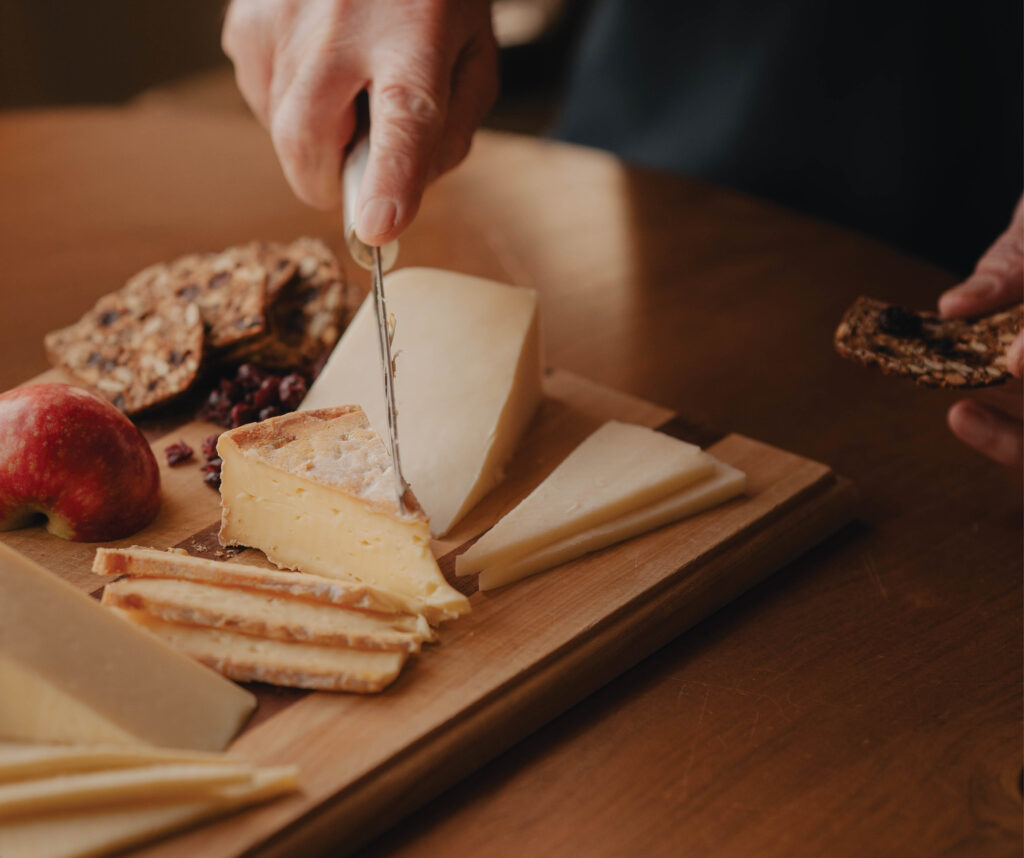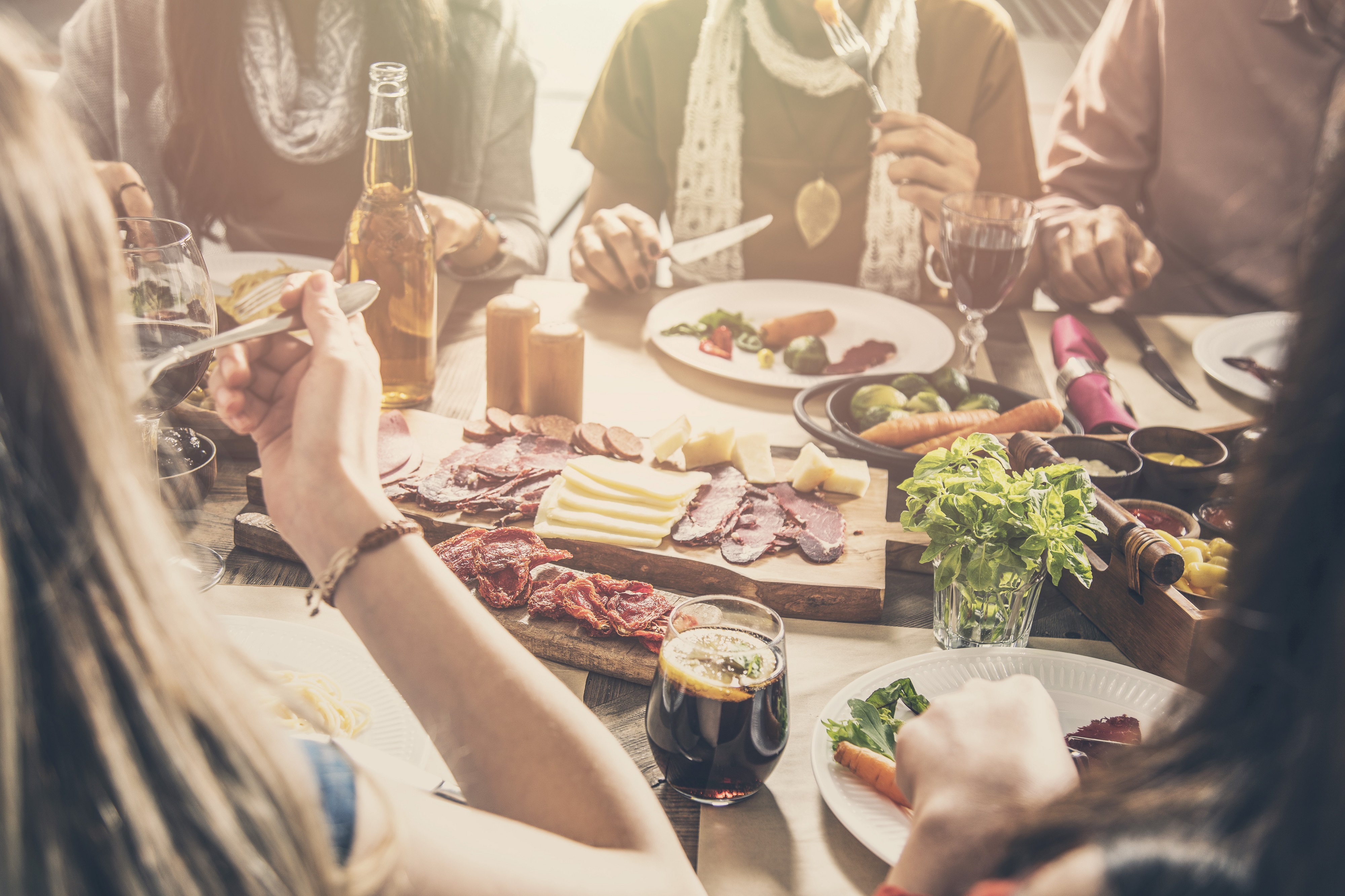Artisans at Work: Reflecting Quebec’s Culinary Identity
Uncategorized
12 August 2021

Quebec’s culinary identity
With a quarter century of expertise, the Société du réseau ÉCONOMUSÉE (SRÉ), a non-profit organization, is also rooted in Canada and internationally in Ireland, Norway, Iceland, Sweden, Greenland, the Faroe Islands and Haiti. The word economuseum brings together its two fundamental orientations: economy and museology. The craftsman who joins must make a living from his work and agree to share his knowledge and achievements during visits to his workshop, while telling the story of his trade from an educational perspective. The installations of the 40 or so Quebec members are distinguished by a common signature and the quality of the interpretation found there. Think of the pioneering company :le Vignoble de l’Orpailleur dans les Cantons-de-l’Est, in the Eastern Townships, to the high value-added maple syrup industry in Domaine Acer the Bas-Saint-Laurent or the art of canning, explained at the Ferme Langlois et Fils in Neuville, to name but a few.
Whatever the sector of activity, these women and men are distinguished by their determination to ensure the perpetuation of the know-how of their identity. It is “heritage that earns its keep”, in the words of the organisation’s founder Cyril Simard.
Given the remarkable growth of agri-tourism and gourmet tourism and the interest of Quebecers in gourmet destinations, several specialized farms (honey, blueberries, cheese, corn, apples, etc.) have expressed their desire to join the network. In the wake of these memberships, the SRÉ was encouraged to reflect on culinary identity. What distinguishes the production and the plate of each region of Quebec? How can these characteristics be highlighted to differentiate the regions from one another? How can we make the most of the expertise of the network’s artisans? For example, when Benoît Arsenault talks about smoked herring in Fumoir d’Antan of the Magdalen Islands, he does more than sell fish. He recalls the history of his family, of the archipelago, the survival, the built and intangible heritage. And this, in a speech turned towards the future and the development of his community.
Rediscovering who we are allows us to assert our identity loud and clear. Not to close ourselves off from others, but to avoid drowning in the mass. Difference becomes a driving force for tourism and economic development and, more than anything else, it is a way of generating pride. Right down to the plate. Telling and tasting a region means exploring its history. The history of its agriculture, fishing and those who have transformed the food resources of its territory to the rhythm of the seasons; the history of the people who came from elsewhere and left their mark; the history of its producers and chefs; and the history of all those people, especially women, who, day after day, have fed their families. This is what the ERS is looking for through its surveys, conferences and meetings on the subject.
The series of ERS publications that begins in this blog will therefore be an opportunity to delve into the notion of culinary identity, through both food and processing techniques. It will highlight some of our artisans and craftspeople from a seasonal perspective. The proof? Our next event will focus on the apple!
To find out more about the Artisans at work throughout the network, with a wealth of know-how that has endured and evolved over time, click here.
This project was funded by the Ministry of Agriculture, Fisheries and Food.

